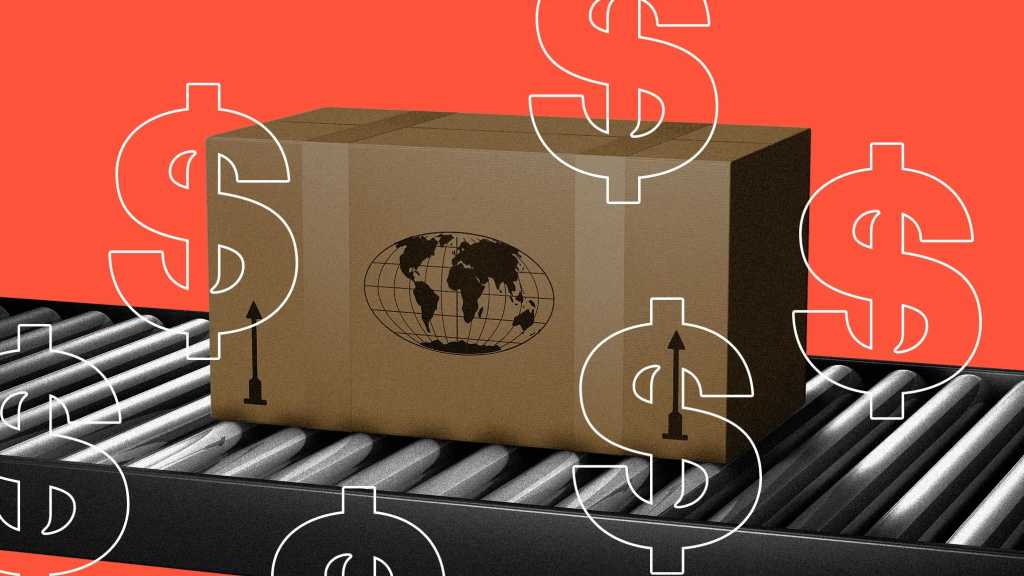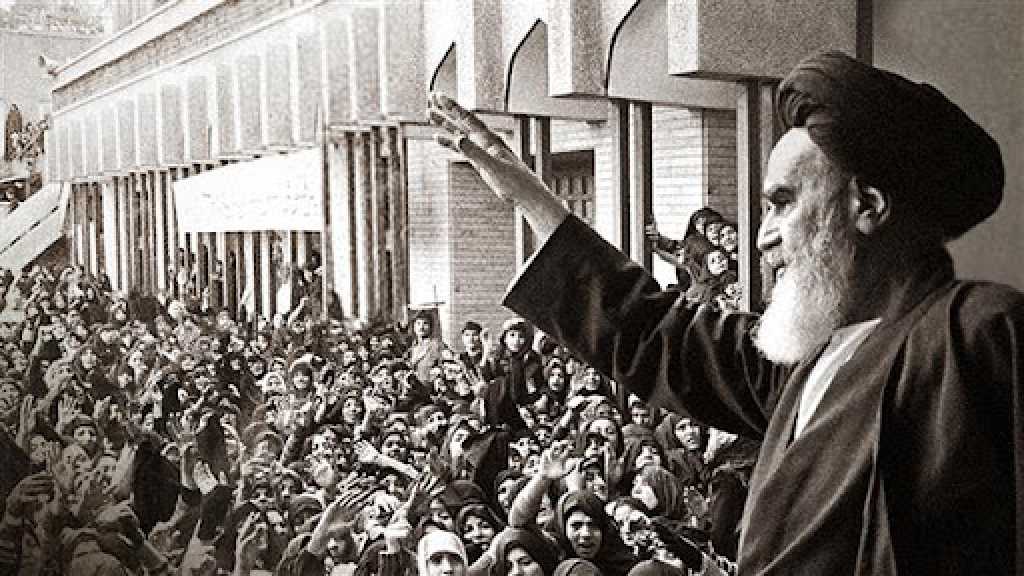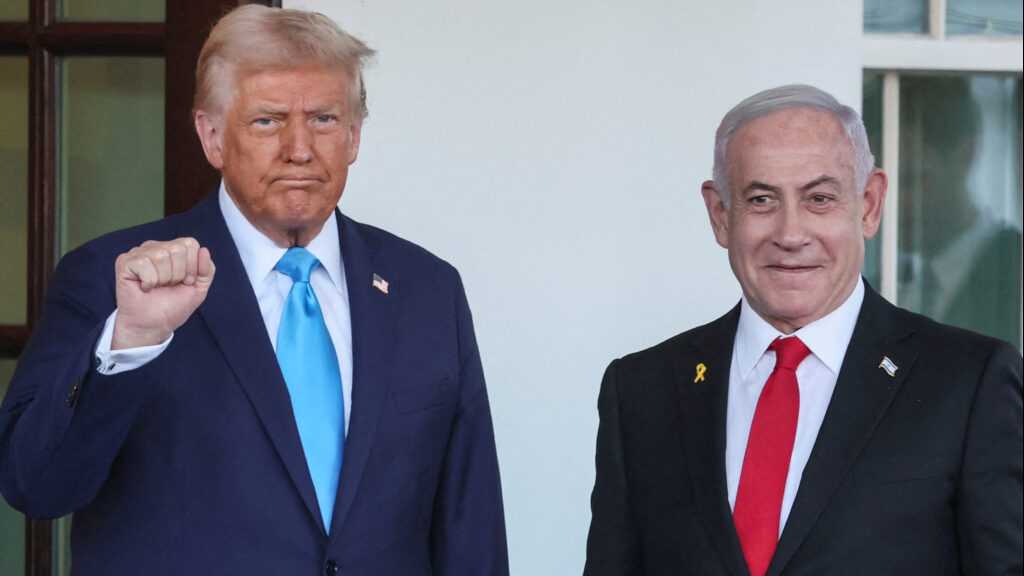
Tariffs, Tensions, and Turmoil: Trump’s 2025 Economic Crusade

By Mohamad Hammoud
The economic policies of the Trump administration in its second term have reignited debates on trade wars, foreign relations, and their impacts on the global economy. Since re-assuming office in January 2025, Donald Trump has escalated his economic war with China and extended it to other nations, citing America’s economic independence and national security as his primary goals. This ongoing trade war has profound consequences, reshaping markets and global alliances while sparking controversy over its necessity and effectiveness.
The Roots of Trump’s Economic War
To understand why Trump has reignited an economic war, we must look at his first term [2017-2021]. During this period, Trump launched tariffs on Chinese goods, aiming to reduce the US trade deficit, protect American industries, and combat alleged unfair trade practices like intellectual property theft and forced technology transfers. While the "Phase One" trade deal made some progress, many goals remained unfulfilled, as the trade deficit with China persisted and American farmers and manufacturers suffered from retaliatory tariffs.
In his 2024 campaign, Trump criticized the Biden administration for being too soft on China. Upon returning to the White House, he doubled down on his protectionist policies, framing them as necessary to ensure America’s economic sovereignty and curb what he describes as the "economic aggression" of rival nations.
Key Policies of the 2025 Economic War
Trump’s 2025 trade war is marked by aggressive tariffs, sanctions, and export restrictions. The administration has imposed sweeping tariffs on Chinese technology, steel, and agricultural products while also targeting industries in Europe, Mexico, and even allies like Japan and South Korea. Additionally, export controls have been tightened to restrict US technology sales to China, citing national security concerns. To reduce reliance on Chinese supply chains, Trump is offering incentives for US companies to reshore manufacturing.
Trump insists that this economic war is about more than trade—it’s about global dominance. He accuses China of exploiting the trade system to undermine US economic and geopolitical leadership and argues that his policies will prevent Beijing from gaining technological and military superiority.
Consequences on the Global Market
The renewed trade war is affecting economies worldwide. The imposition of tariffs and sanctions has disrupted supply chains, increased costs, and created uncertainty for businesses and investors.
Global Economic Slowdown: Major economies, including the European Union and developing nations, are experiencing slower growth as trade volumes decline and investment flows are disrupted. The International Monetary Fund [IMF] warns of a potential global recession if tensions escalate further.
Commodity Market Volatility: Tariffs on Chinese goods have raised prices for essential commodities like steel, aluminum, and electronics. Retaliatory tariffs from China and other nations have disrupted agricultural markets, hurting American farmers.
Supply Chain Disruptions: Companies relying on China for manufacturing are struggling with trade barriers. Efforts to restructure supply chains have proven costly and time-consuming, leading to production delays and inflationary pressures.
Geopolitical Realignments: China is strengthening economic ties with Asia, Africa, and Latin America to counterbalance US aggression, while frustrated US allies in Europe and Asia face strained relationships due to Trump's unilateral approach.
Impact on Consumers: American consumers are feeling the pinch, as tariffs have led to higher prices for everyday goods like electronics, clothing, and household appliances, contributing to inflation.
Why Trump is Lodging This War Again
Despite the economic consequences, Trump believes his trade policies are necessary to protect American interests. His motivations include:
Economic Nationalism: Trump's "America First" philosophy prioritizes domestic manufacturing and job creation. He aims to reduce US reliance on foreign imports and boost domestic production.
Geopolitical Rivalry: The administration sees China as a strategic threat. The trade war is part of a broader effort to counter China's rise as a global superpower and challenge its influence in key sectors like technology and energy.
Political Strategy: A tough stance on China resonates with Trump's base, which views globalization as a threat to American jobs. By escalating the trade war, Trump seeks to solidify support among working-class Americans in swing states.
Did Trump Achieve His Goals?
Critics argue that Trump’s economic war is more symbolic than substantive. While he has succeeded in bringing attention to trade imbalances and intellectual property theft, structural changes remain elusive. China continues to dominate global manufacturing and remains a key player in supply chains. Meanwhile, US businesses and consumers have suffered from increased costs, raising doubts about whether the trade war is worth its economic toll.
Conclusion
Trump's 2025 economic war with China and other nations is a continuation of his first-term protectionist policies. While he justifies his actions as necessary to protect American jobs, national security, and global leadership, the trade war has had far-reaching consequences. From supply chain disruptions to weakened alliances, the effects of his policies are being felt worldwide. Whether his approach will achieve its objectives or worsen global economic instability remains an open question. For now, Trump’s economic war is reshaping the global order—for better or worse.
Comments


